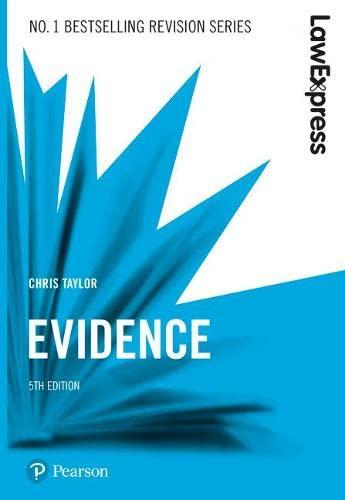Question
Pursuant to enabling statutes, two federal administrative agenciesthe Federal Trade Commission (FTC) and the Federal Communications Commission (FCC)created the national do-not-call registry. The national do-not-call
Pursuant to enabling statutes, two federal administrative agenciesthe Federal Trade Commission (FTC) and the Federal Communications Commission (FCC)created the national do-not-call registry. The national do-not-call registry is a list that contains the personal telephone numbers of telephone users who have voluntarily placed themselves on this list, indicating that they do not want to receive unsolicited calls from commercial telemarketers. Commercial telemarketers are prohibited from calling phone numbers that have been placed on the do-not-call registry. Telemarketers must pay an annual fee to access the phone numbers on the registry so that they can delete those numbers from their solicitation lists. The national do-not-call registry restrictions apply only to telemarketers' calls made by or on behalf of sellers of goods or services. Charitable and fund-raising calls are exempt from the do-not-call registry's restrictions. Persons who do not voluntarily place their phone numbers on the do-not-call registry may still receive unsolicited telemarketers' calls.
Mainstream Marketing Services, Inc., and other telemarketers sued the FTC and the FCC in several lawsuits, alleging that their free speech rights were violated and that the do-not-call registry was unconstitutional. The FTC and FCC defended the list, arguing that unsolicited telemarketing calls constituted commercial speech that could properly be regulated by the government's do-not-call registry's restrictions. The separate lawsuits were consolidated for appeal.Mainstream Marketing Services, Inc. v. Federal Trade Commission and Federal Communications Commission, 358 F.3d 1228, 2004 U.S. App. Lexis 2564 (United States Court of Appeals for the Tenth Circuit, 2004)
- What is commercial speech?
- Do telemarketers act ethically in calling persons with their promotions and sales pitches? Did the telemarketers act ethically in challenging the law?
- Can unsolicited telemarketing calls be called commercial speech that is constitutionally regulated by the do-not-call registry restrictions?
Step by Step Solution
There are 3 Steps involved in it
Step: 1

Get Instant Access to Expert-Tailored Solutions
See step-by-step solutions with expert insights and AI powered tools for academic success
Step: 2

Step: 3

Ace Your Homework with AI
Get the answers you need in no time with our AI-driven, step-by-step assistance
Get Started


